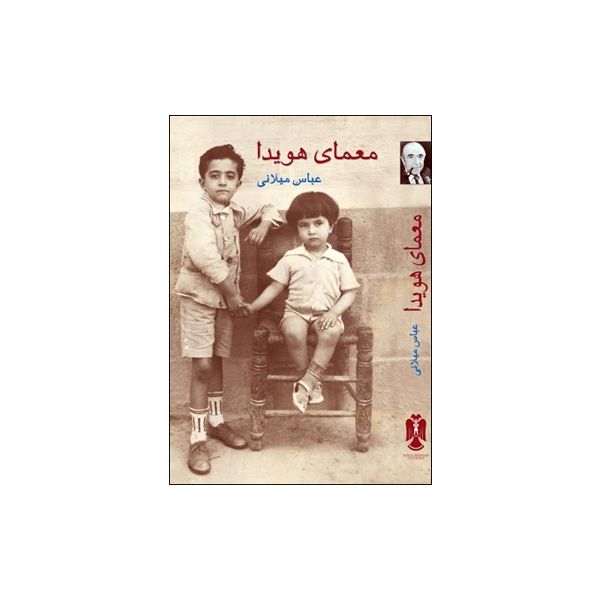FREE domestic ground shipping for eligible grocery orders of 60.00 (excluding ready-to-eat meals) and above!
**Orders containing refrigerated items are shipped weekly on Mondays, Tuesdays and Wednesdays only.**
Our free domestic ground shipping is handled by UPS. We do not guarantee any delivery times for ground shipping. Isolated delayed deliveries are possible.
Kindly Consider Overnight or Second Day shipping methods if you need to have a guaranteed delivery time frame.
The Persian Sphinx: Amir Abbas Hoveyda and the Riddle of the Iranian Revolution (In Farsi) - By Abbas Milani
$56.00
Who lost Iran? How and why did a country, never richer, never more educated, its women never more liberated erupt in a fundamentalist revolution? the answer can be found in the enthralling life and tragic death of one man.
Amir Abbas Hoveyda was a central figure in the historic struggle between modernity and tradition in Iran — a struggle pitting Western cosmopolitanism against Persian isolationism, secularism against religious fundamentalism, and ultimately civil society and democracy against authoritarianism.
Availability:
In stock
SKU
PBM-BK-562030
Born in Tehran in 1919 to a family of solid middle class comforts and faded aristocratic zvuugbzqhns, Hoveyda was an elegant, cultivated, well-read, and witty man, educated in Beirut, London, and Brussels.
After entering the Iranian foreign service in 1942, he served in France, Germany, and Turkey, then returned to Iran in 1956 to join the National Iranian Oil Company. In 1965, the shah appointed him the country’s prime minister. Hoveyda would serve faithfully in that post for thirteen years.
Amir Abbas Hoveyda embodied the aspirations, the accomplishments and also the failures of a whole generation of Iranian technocrats — mostly Western-trained — who sought to free Iran from the travails of poverty and repression and guide it into the modern age. Hoveyda would be both a leader and a victim of that effort. On the eve of the Islamic Revolution, the shah, attempting to turn the rising tide of revolt by offering a scapegoat, ordered the prime minister’s arrest. When the Pahlavi regime fell, Hoveyda chose not to flee, voluntarily surrendering to the new Islamic authorities. His hope was for a public trial; instead the infamous “Hanging Judge” presided over a secret and summary trial.
In telling the story of Hoveyda’s life, the author has not only laid bare the development of Iranian society during a pivotal period (1919 1978) but has also unearthed important new material on U.S.-Iranian relations. From 1957 onward, Amir Abbas Hoveyda played critical roles in dealing with U.S. foreign policy and fundamentalist Islamic opposition in Iran. Through careful use of hitherto-unexamined archival materials, unpublished letters, and personal journals, along with extensive interviews with more than a hundred of Hoveyda’s relatives, friends, and foes, the author has brilliantly caught the pathos and passion of Hoveyda’s life and times.
The Persian Sphinx is biography at its most powerful and will reward the scholar and the general reader alike.
Write Your Own Review




